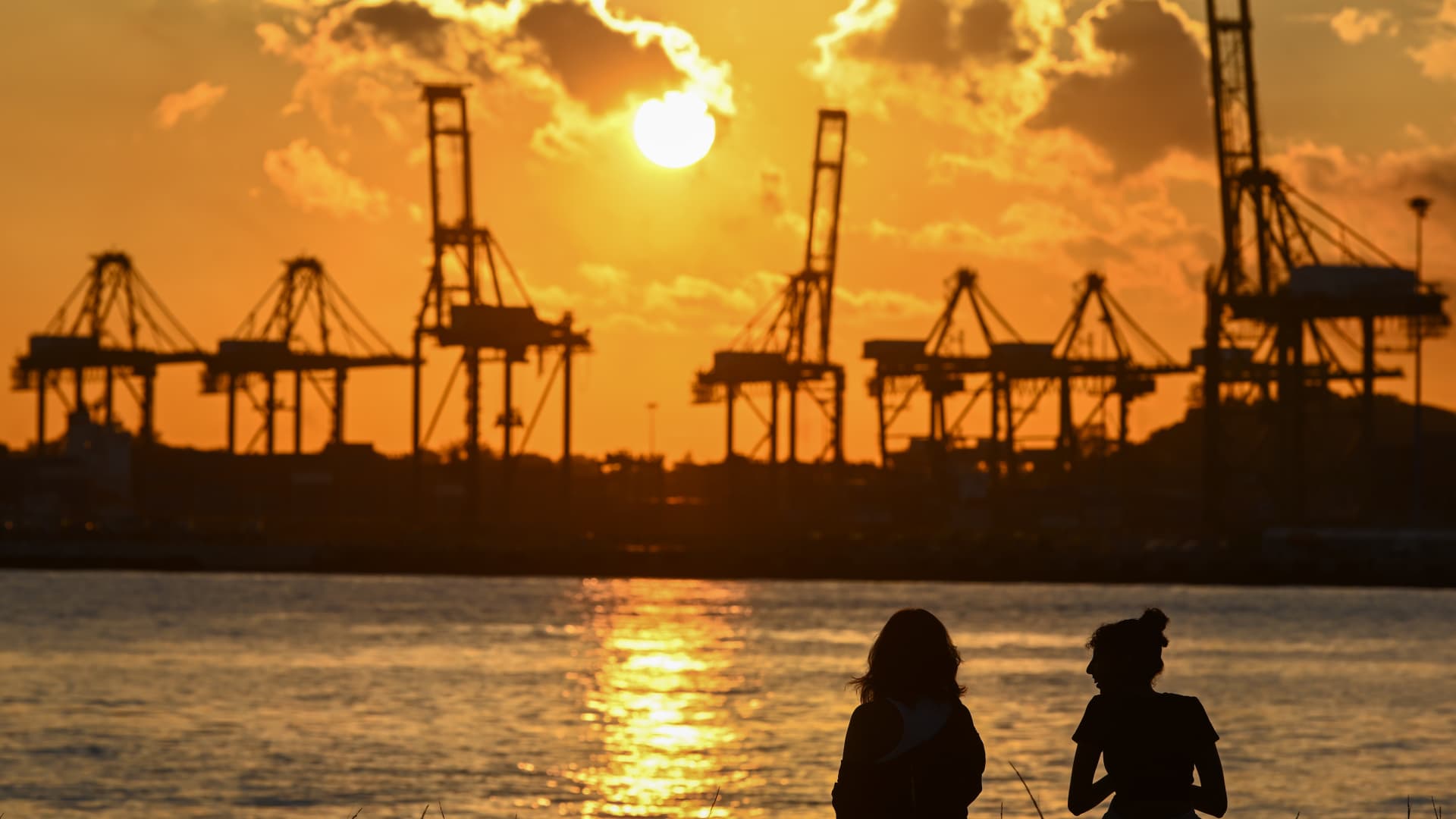A recent study by the National University of Singapore found that Singapore’s economic losses due to heat stress are projected to increase significantly in the coming years. This increase is attributed to a decline in labor productivity across various sectors like services, construction, manufacturing, and agriculture. In 2018, heat strain had already caused an 11.3% drop in average productivity, and this is expected to worsen in the coming years.
According to the NUS Project HeatSafe report, workers who are exposed to adverse environmental conditions will face significantly higher productivity losses. For every hot day, workers’ productivity during working hours is reduced, leading to a median income loss of S$21 per worker. The research team used 2018 as the baseline for the study as it was pre-pandemic and was the most recent “normal year” for which data was available.
Singapore is facing faster warming rates compared to global averages, with recent UV index levels reaching “extreme” levels. This intense heat is not unique to Singapore, as scientists have warned about surpassing key warming thresholds globally. The United Nations’ Secretary-General has also raised concerns about moving towards “an era of global boiling” due to increasing temperatures worldwide.
In addition to affecting cognitive and physical abilities, extreme heat exposure poses a risk to Singapore’s already low fertility rates. The NUS research emphasizes the urgent need for adaptation and mitigation strategies to address the challenges posed by rising heat levels and their impact on various aspects of society.



